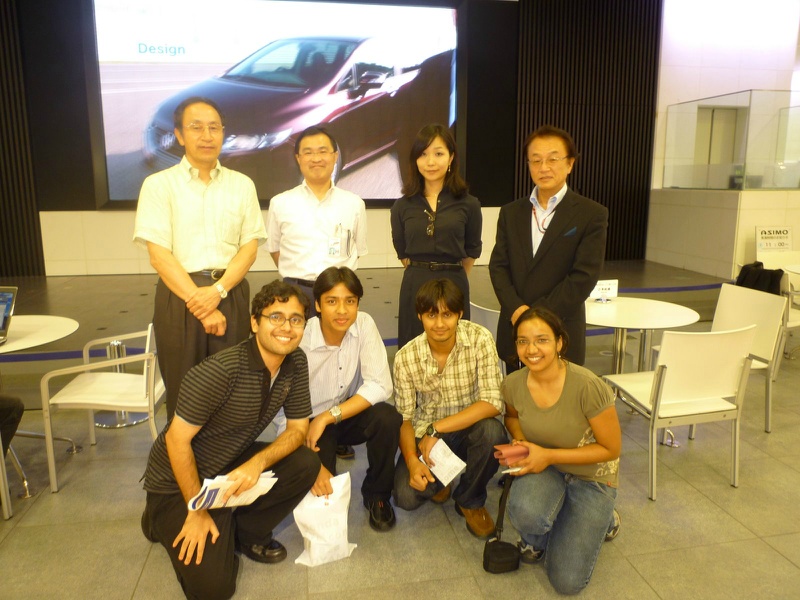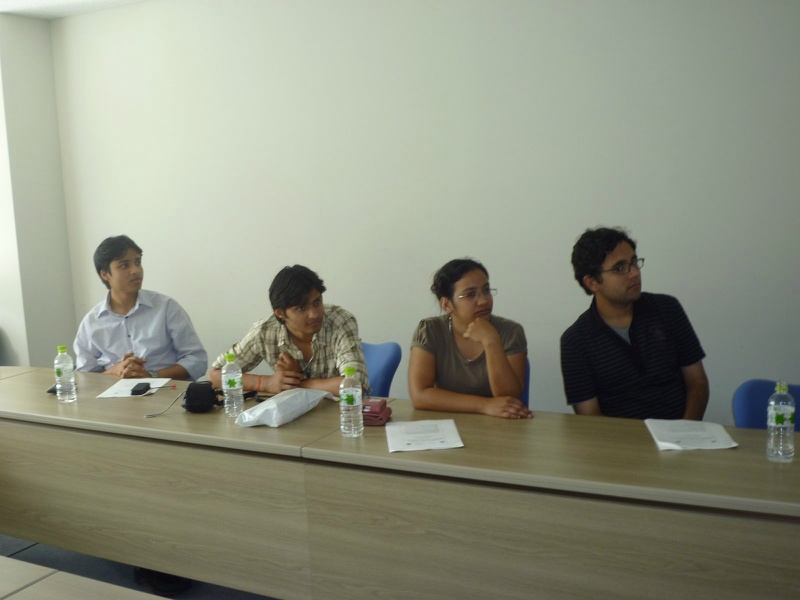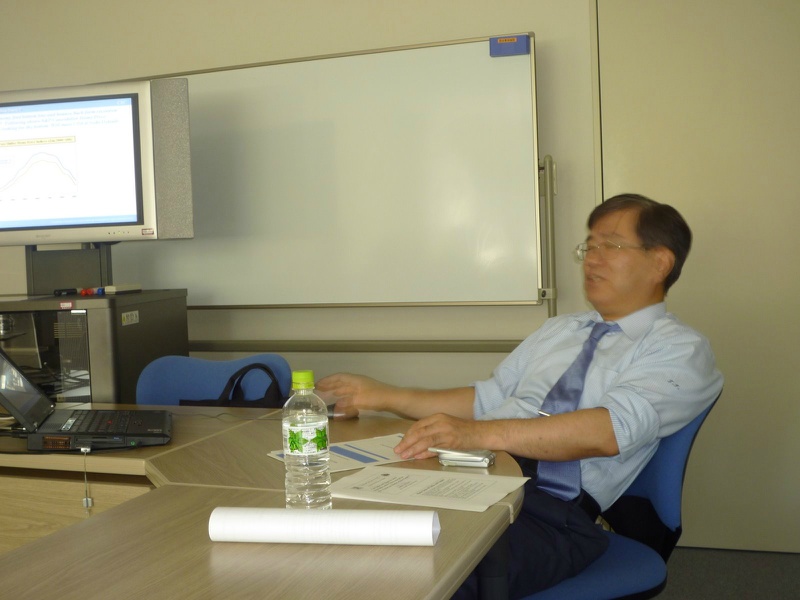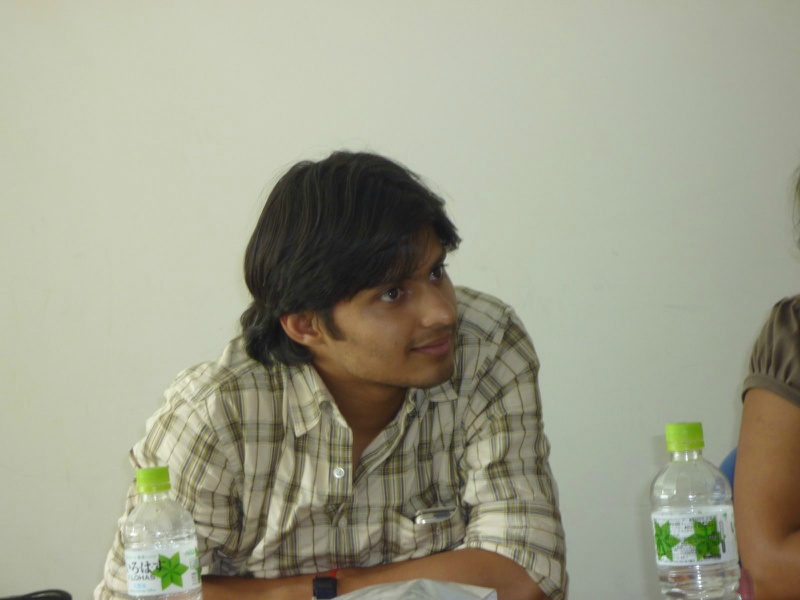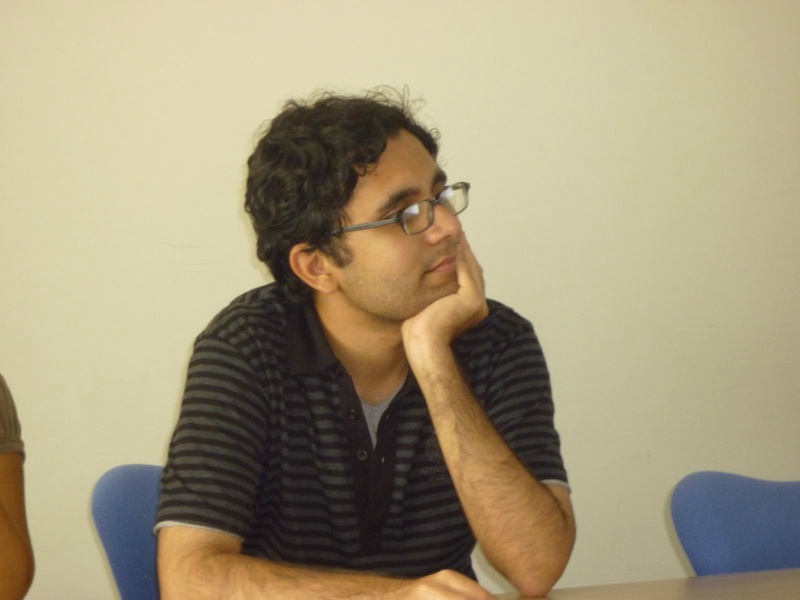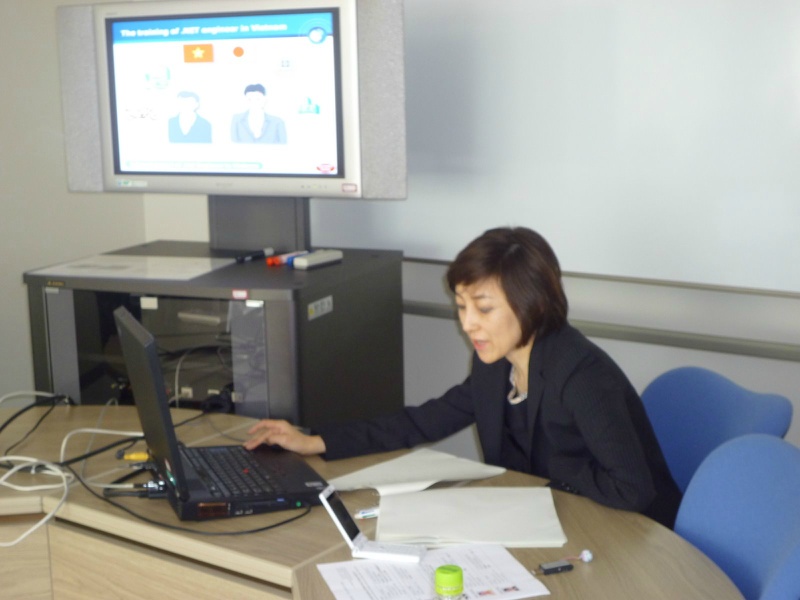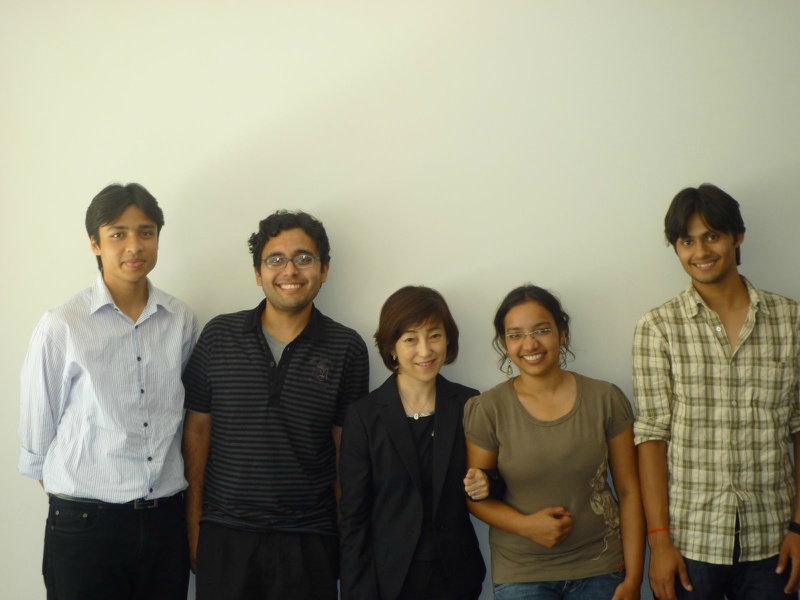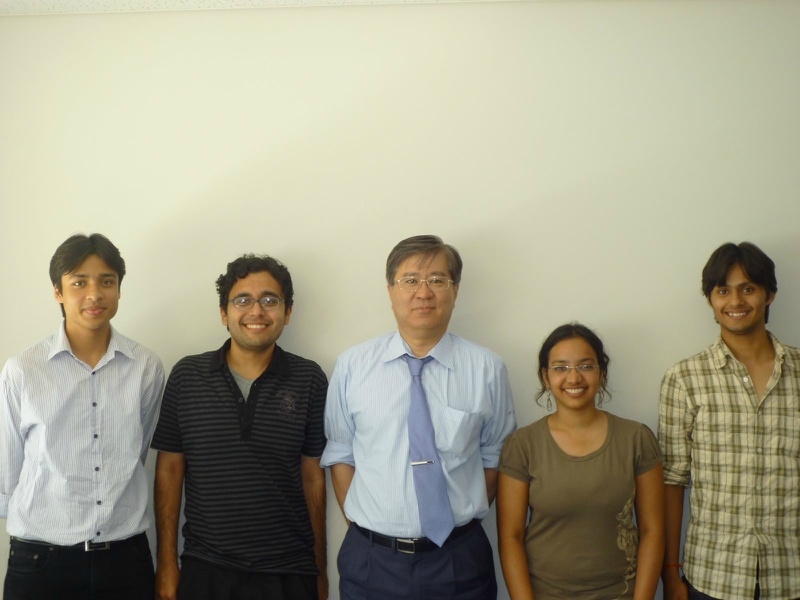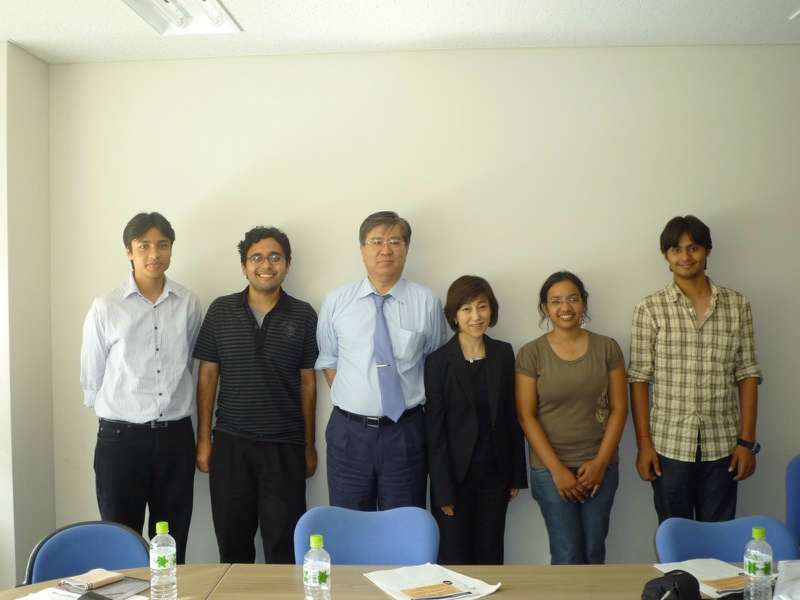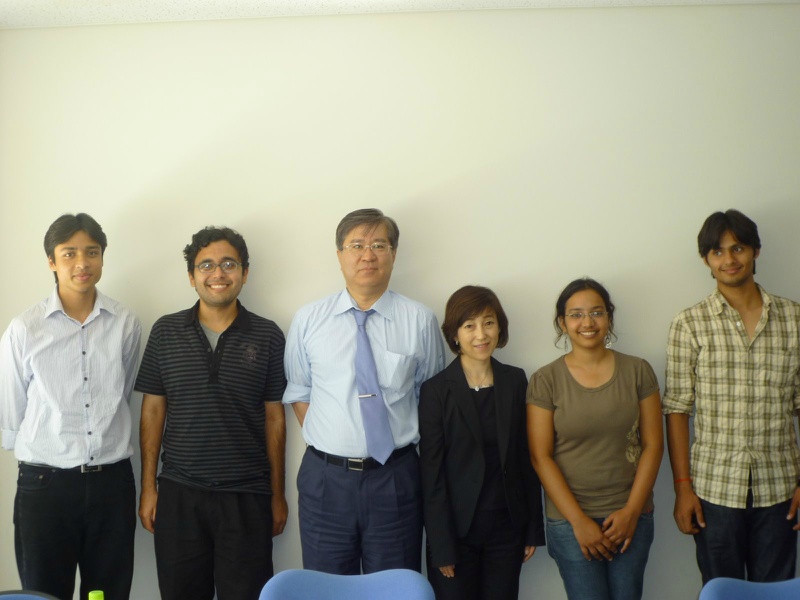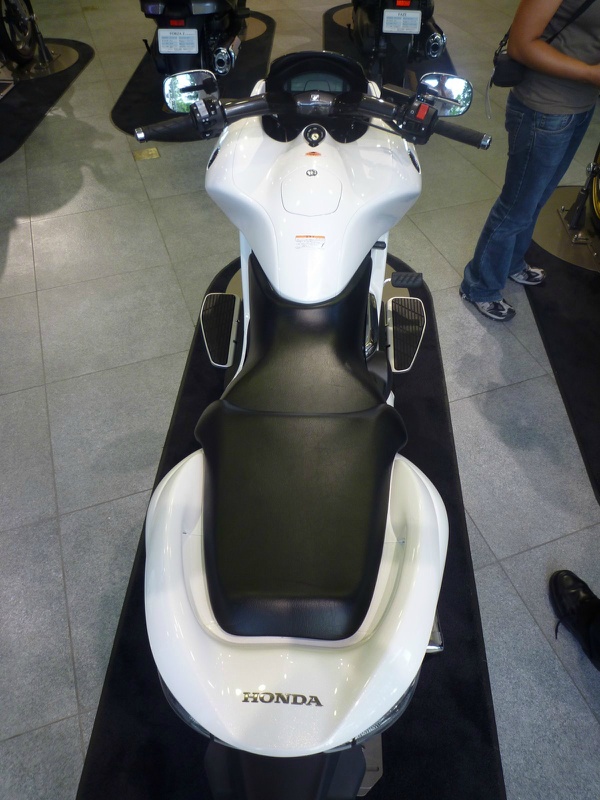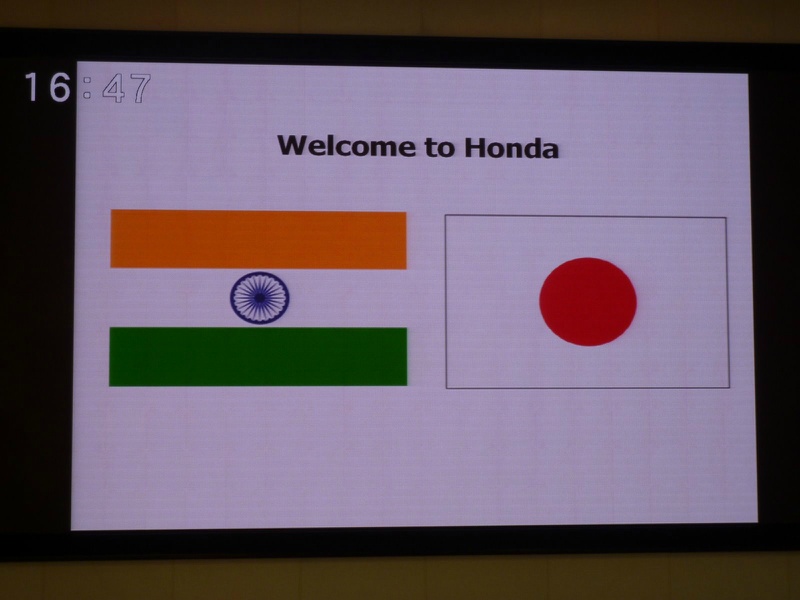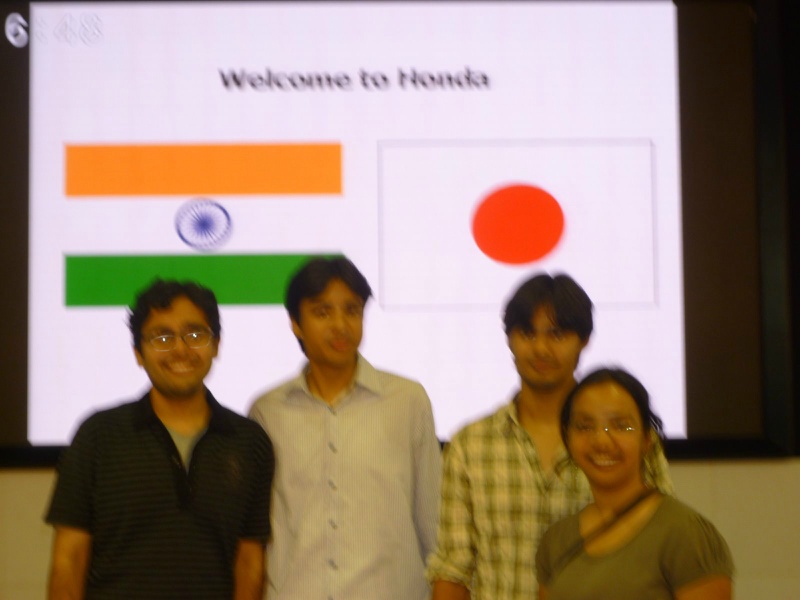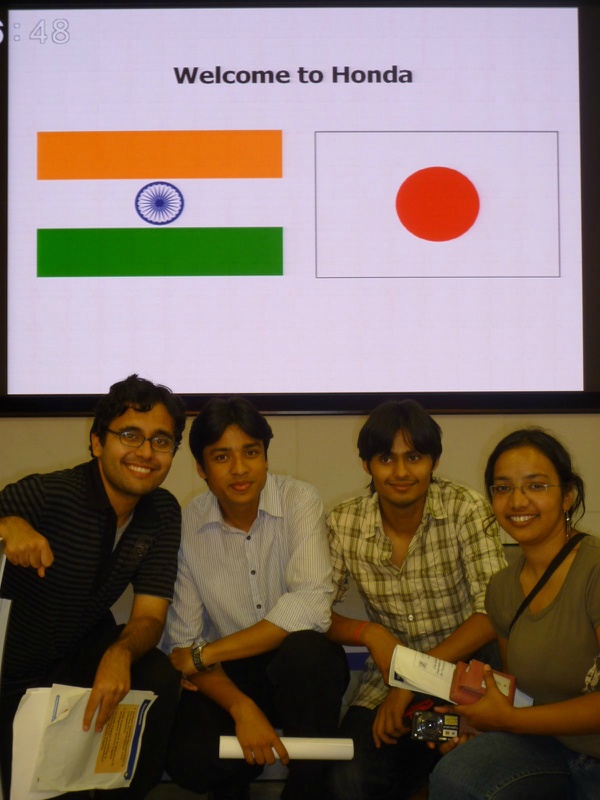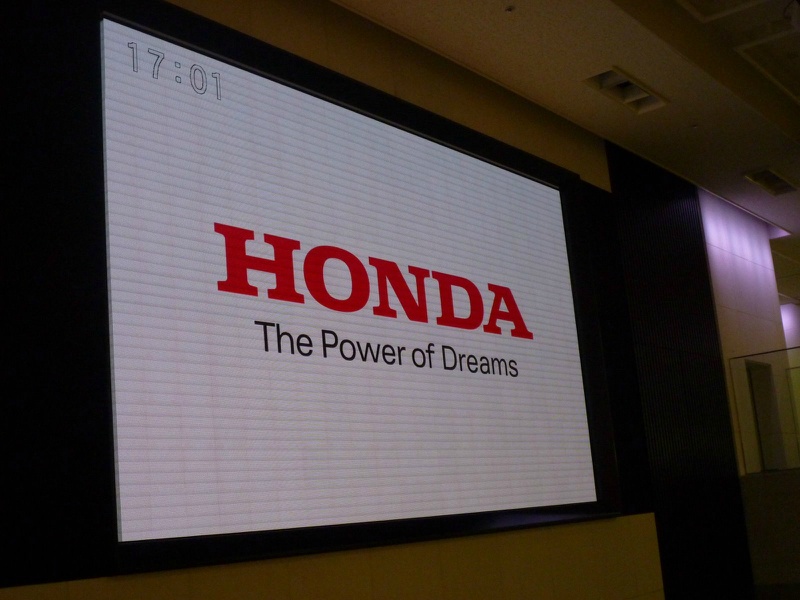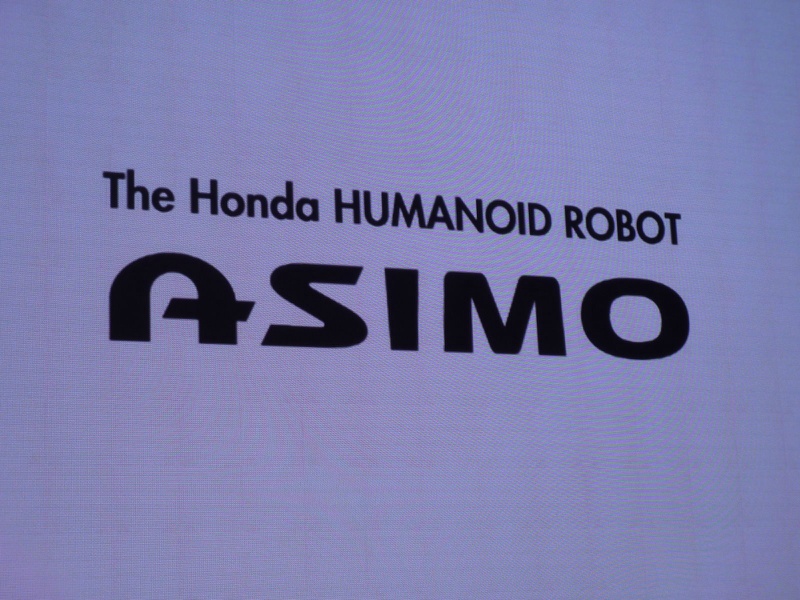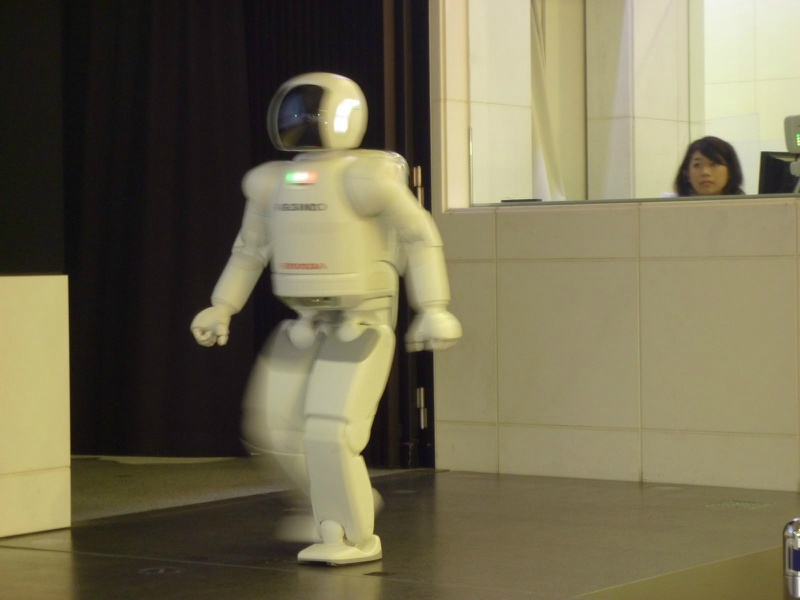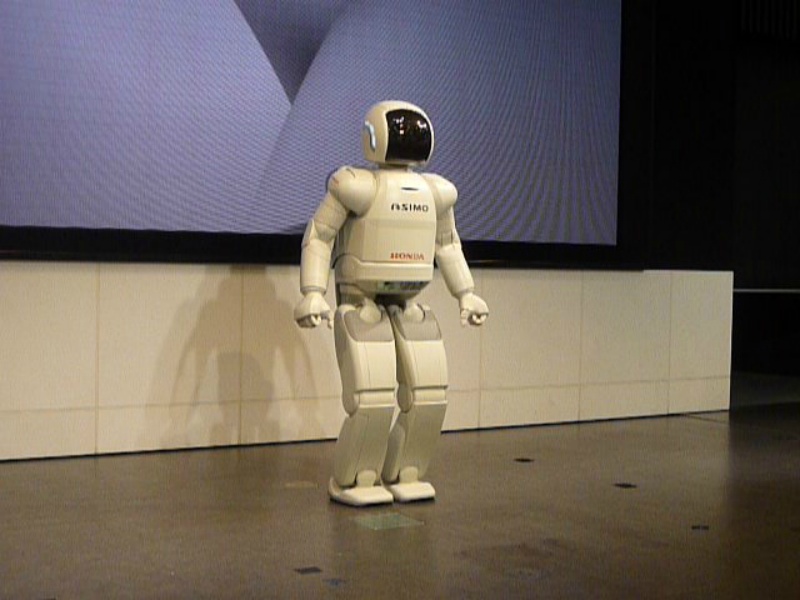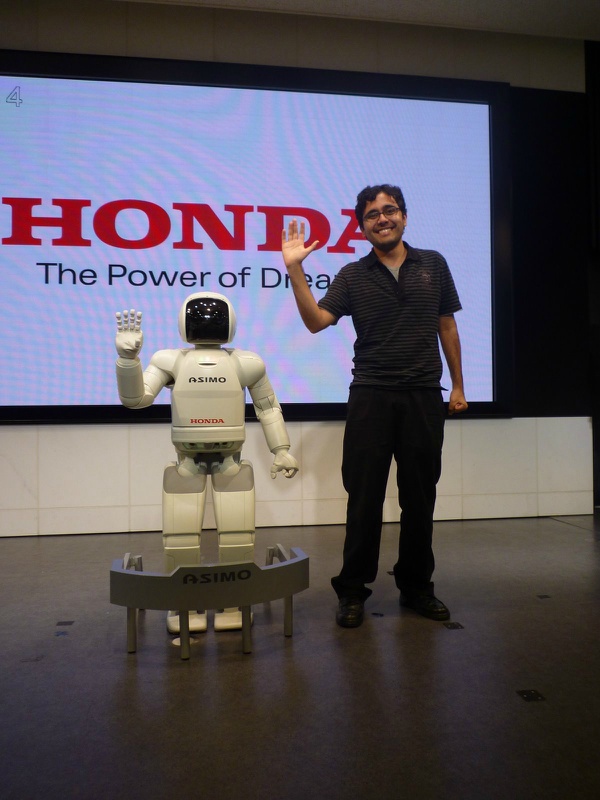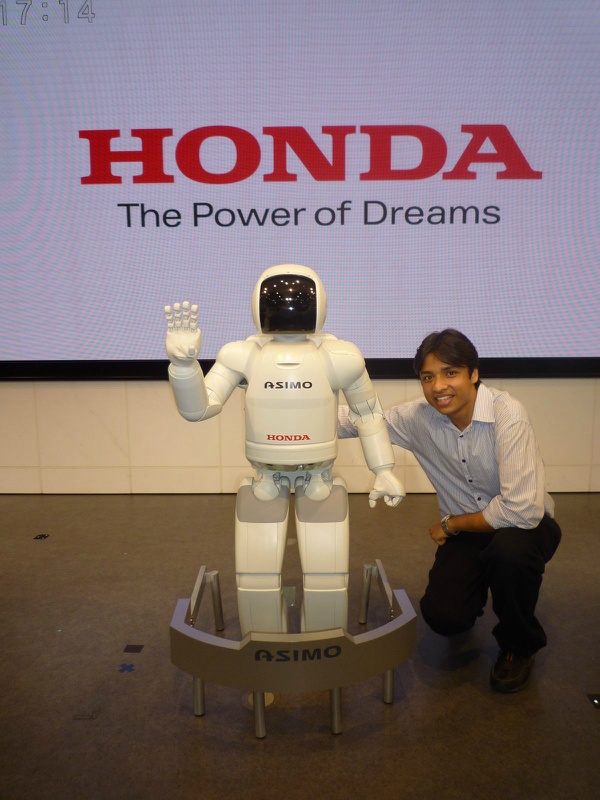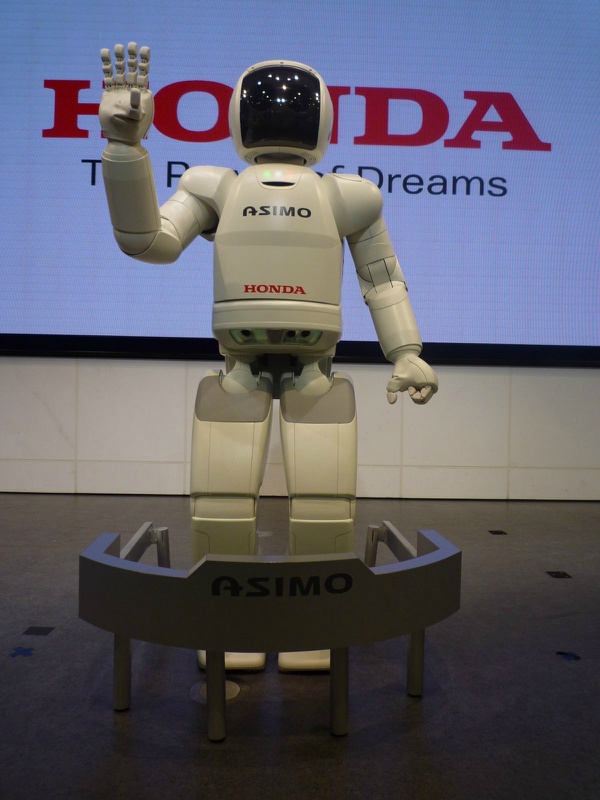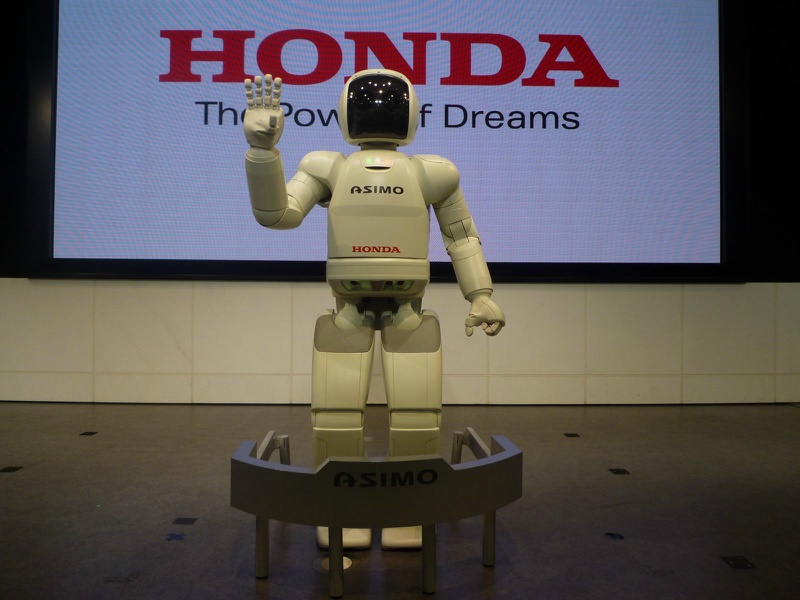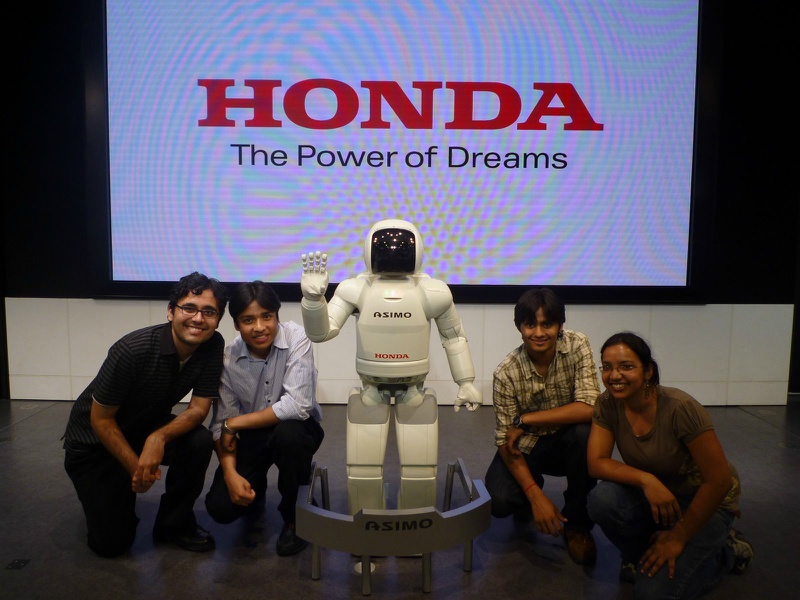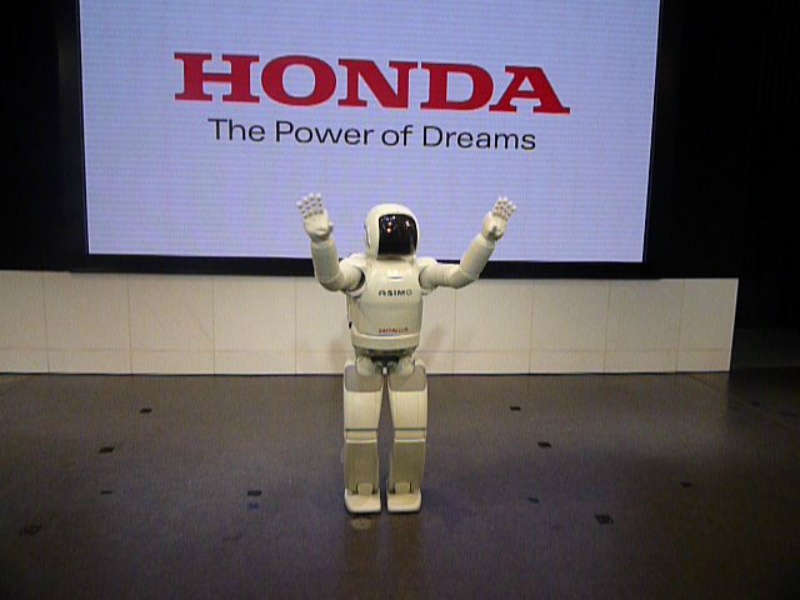→Japanese

Lehman Shock (September, 2008) that started from Wall Street has triggered financial crisis and doldrums of economy in a global scale which still seems to be far from ending. Each nation crafted stimulus packages and put them into action that now the picture looks more like policy competition in a broad sense.
Here is where Keynes, and Schumpeter who set "Innovation" at the center of economics attract attention. Schumpeter seemed to have been a strong opponent of Keynes. Why is it then that these two "contradicting" economists are both necessary?
Recently a book on these two giants of economics in the early 20th century was published; "Now is the time to learn from Keynes and Schumpeter (Imakoso Keynes to Schumpeter ni manabe)" by Dr. Hiroshi Yoshikawa. This is a very stimulating book. Dr. Yoshikawa has written this book based on strict verifications and inspections – which is his style. The content is even entertaining – not written for economists – so it was fairly understandable even for a person like myself.
These two giants, Keynes and Schumpeter, were born in 1883 with just 4 months’ difference; in Cambridge, Great Britain and Vienna, Austria (Moravia, Kingdom of Hungary・・・ current eastern Czech Republic), and the year they died were only 4 years apart (Keynes in 1946, two years after Bretton Woods Agreements and Schumpeter in 1950.) I recommend "Currency in Flame (Tsuka Moyu/the URL is in Japanese)" by Tomohiko Taniguchi on this topic. It gives you good understanding of the age and place they lived, the background of their upbringing, education they had, relations with their mentors, and so on.
The book is a good reference with inspiring, rich content on policymaking which could be useful to Japan today.
There were many places that I found especially interesting and below are just few of the examples:
1. "・・・what are the motives for the enterprise operators (footnote) to go into new joints? By no means they seek after financial benefits or money. Schumpeter declares・・・and even goes on further to say "If this sort of desire appears it indicates not stagnation of their conventional activities but decline, not fulfillment of their missions but sign of their mortal deaths." ・・・Schumpeter very clearly writes about typological classifications of industrial people・・・" (p.56,57)
Footnote: I telephoned Dr. Yoshikawa about difference between "enterprise operators" and "entrepreneurs". He said that economists do not use the term "entrepreneurs" but instead "enterprise operators". However, he added, "entrepreneurs" might be better understood by average readers. So, please feel free to understand the term "enterprise operators, business operators" as "entrepreneurs".
2. "The business people as defined by Schumpeter – the heros/heroines that make capitalism the capitalism as is meant to be – are people born with special talents that are not bestowed to ordinary people. Innovation is by no means created solely from rational calculations. Rather, it is created only by business people who have irresistible impulse or ‘talents’ as I put it, that make them yearn for innovation.
Here, The Birth of Tragedy(1872), maiden work by Friedrich Wilhelm Nietzsche(1844-1900) comes to my mind. Nietzsche discussed the history of classic Greek tragedies by using two opposing ideas of ‘Apollonian’ and ‘Dionysian’. Apollo, the god of Sun gives clear figure to everything through its light. Intellect/reasoning is thus Apollonian. On the other hand the essence of Dionysus, god of wine, is frenzy/intoxication. ‘Business operator spirit’ defined by Schumpeter is clearly Dionysian just as ‘Animal spirits’ in Keynes is." (p.227, 228)
About economy and decline in population
3. "Keynes discussed relations between decline in population and economy in a very scholarly way as economist – as this is very much his style. On the contrary, words by Schumpeter are by far "discussions on civilizations"". (p.210)
And
4. "But eventually, as capitalism develops, business operators as plain human beings start transformation to ‘ordinary people’ that maximize ‘benefit’ of self. What happens at the point of maximization of individuals’ benefit? The moment people start rationally calculating the cost of bearing a child and raising it, decline in population will begin. Schumpeter counts decline in population as one of the signs of decay in the spirit of business operation." (p.229-230)
How did these two giants of economics perceive of each other? This is another very interesting human drama.
I strongly recommend this book to you. It is "Onko Chishin (to learn new lessons by studying the past)."
Also, "Animal Spirits: How Human Psychology Drives the Economy, and Why It Matters for Global Capitalism" by George A. Akerlof and Robert J. Shiller was published recently. After reading this book, here are some of my thoughts about policy makings of Japan during these 6 months.
Speed is of course important but it does not justify pumping in tax payers’ money into society easily without inspection saying this is "once in 100 years" crisis (Greenspan, former chairman of FRB). Sometimes it is forced by political dynamics but if you look into supplementary budgets, for instance, the budgets are almost scattering about of money with bureaucratic sectionalism. I must say that people lack leadership; policy makers, industries, academics, and scientists… all of them.
If it is "once in 100 years", although doubt remains, clear vision and policies must be introduced for the major changes that need to take place several years from now. And we don’t have them. I have been pointing this out repeatedly in my blog and many other places. (Ref: 1, 2, 3, 4, 5, 6 *3,4,5,6 are in Japanese.)
Is the industrial framework OK as it is? Can we expect "Innovators" to emerge in current industries?
What we need in society, in any place of the society, are "Innovators". In other words, "Nails that stick out", "People with spirit of enterprise" ・・・. These kinds of people are strongly needed at time like this.




